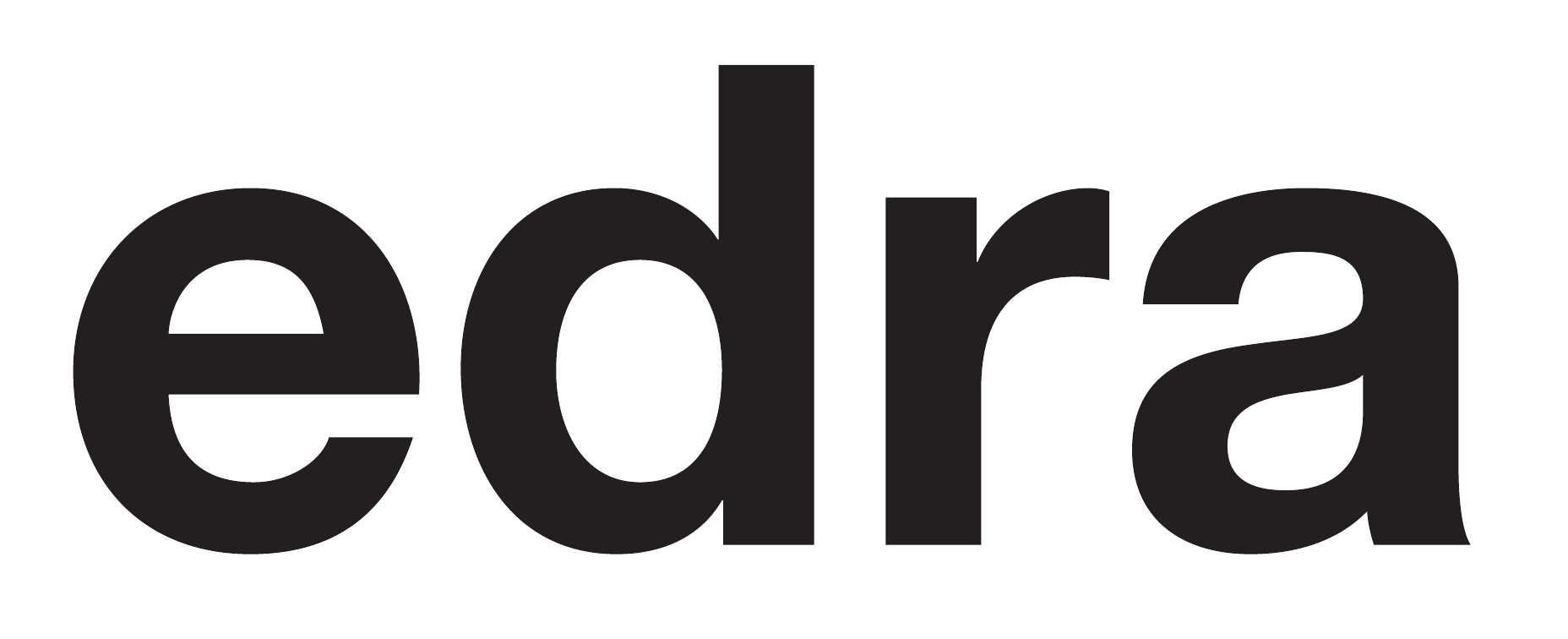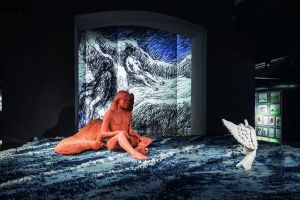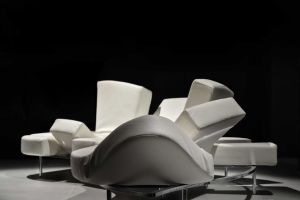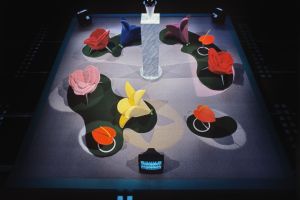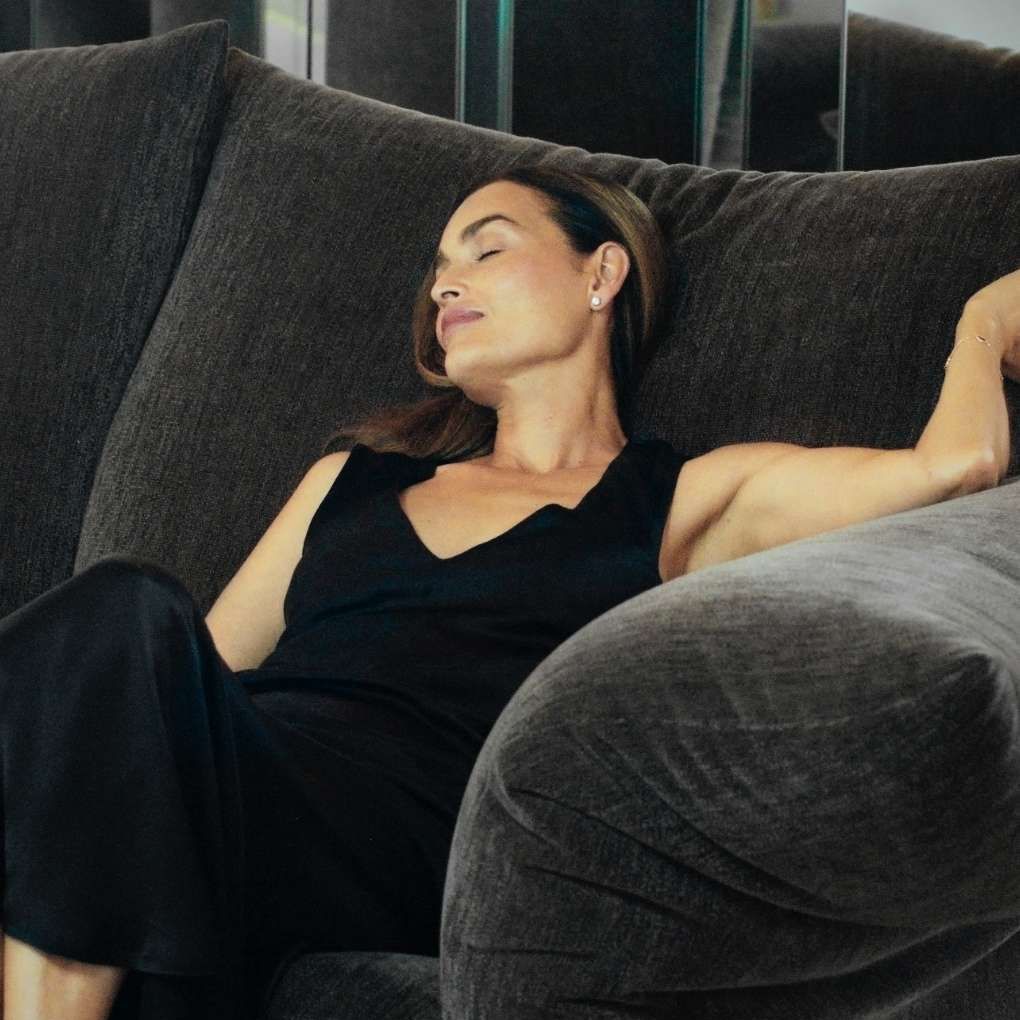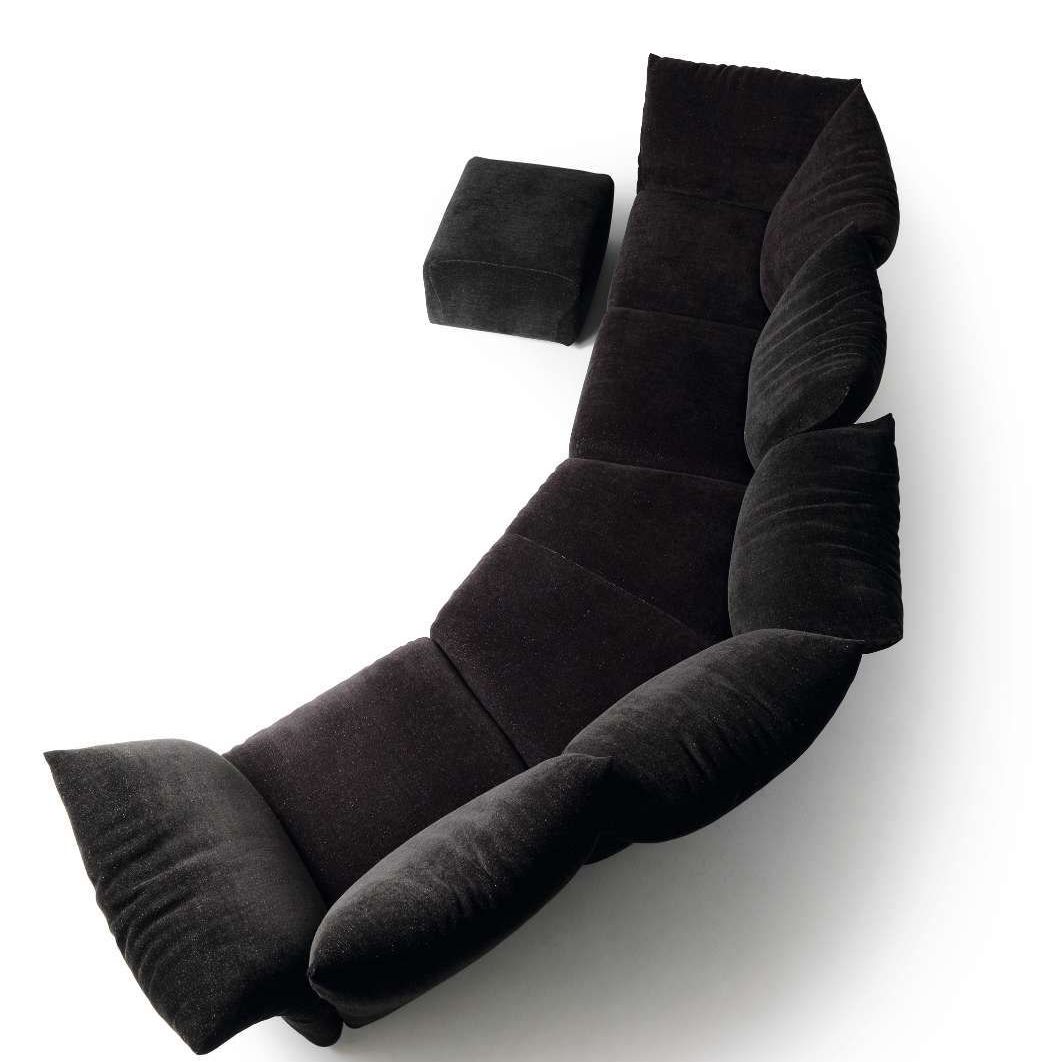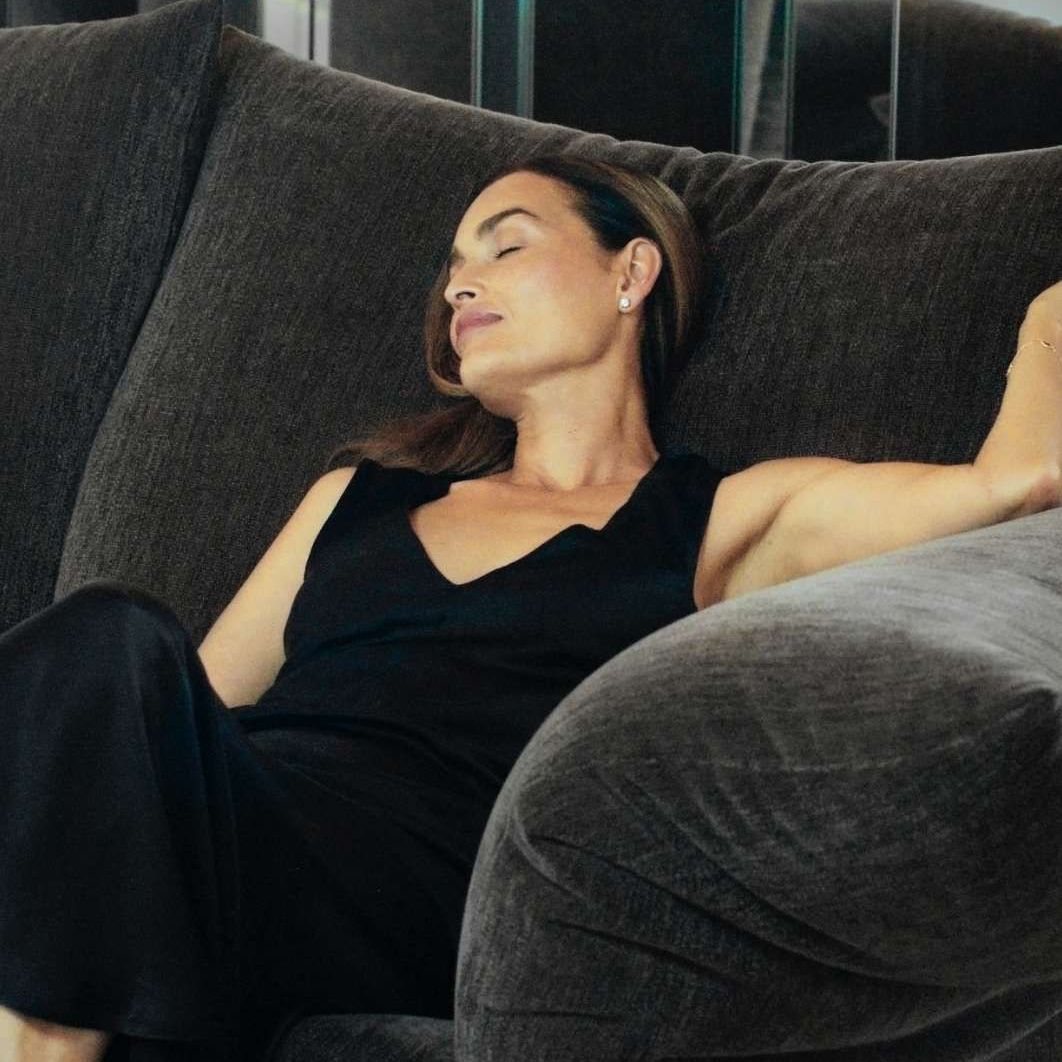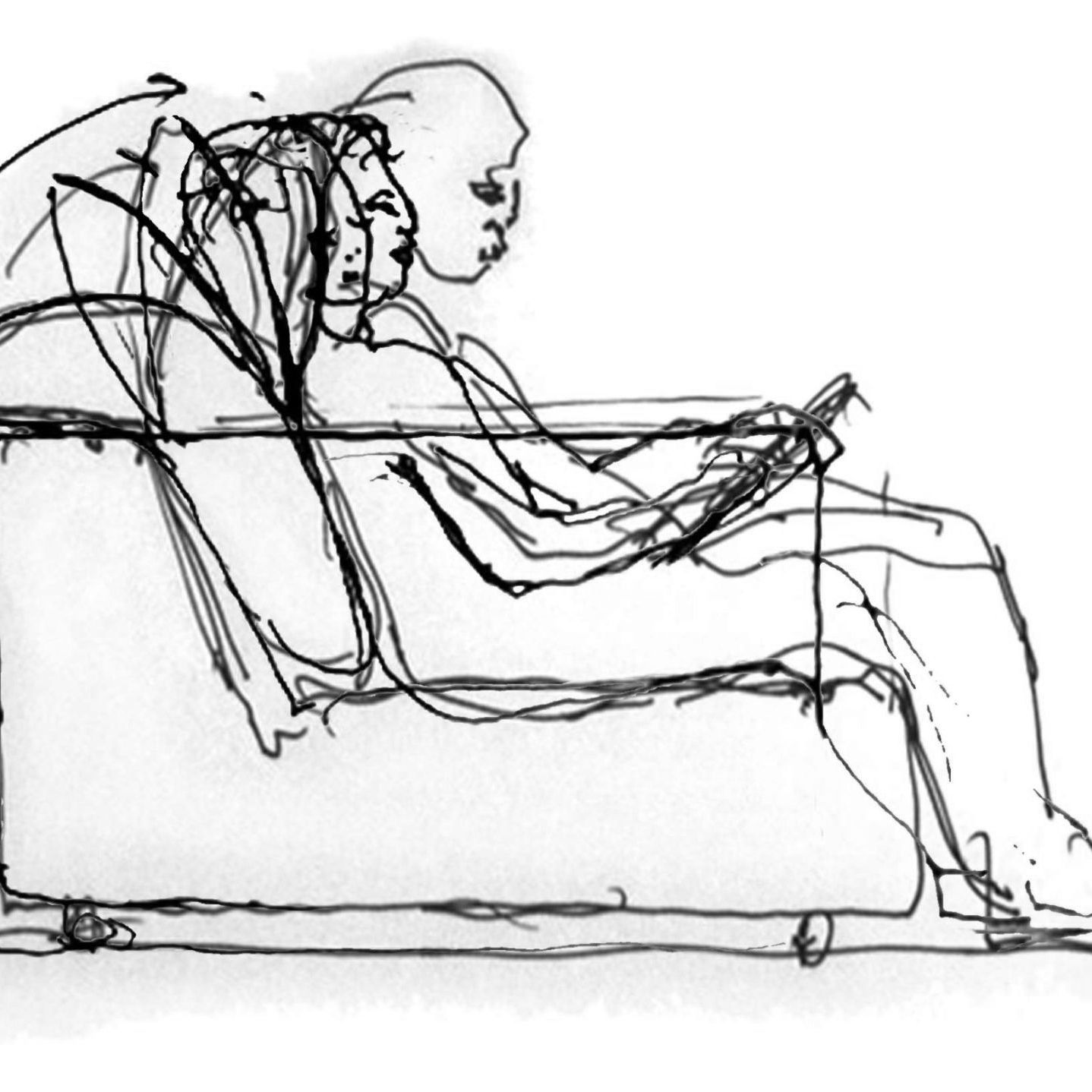
March 2022
Pierluigi Masini
Technology is beauty and well-being, form and substance
Technology, by its very definition, solves practical problems. Therein lies its essence. It does not have the ecstatic value of art; it does not open up us to meditation or inspire deep reflection and it does not cause us to reflect on our way of seeing the world. Technology is not contemplation and it does not pose questions but, rather, it solves. It triggers cognitive processes in our minds that respond to the needs at the bottom of Maslow’s pyramid-shaped hierarchy of needs that humans have carried with us since the dawn of time: lighting fires, cultivating the earth, building tools to defend or attack, making a bowl for water.
The Ancient Greeks used a single word to indicate skill and dexterity, whether mechanical or belonging to the spirit. The word was techne and it applied to a product as well as a work of art. Techne also indicated an aptitude to do something, to love or to make war, which the Latins would later refer to respectively as ars amandi or ars bellandi. Even today, when something has been completed well, it is said to be state of the art. If we go back to the root of the word, we discover that technology and art, which today range from Elon Musk to Damien Hirst, were once very close relatives.
A quick change of scenery and we arrive at the birth of design, which has its roots in the British Industrial Revolution, in a desire to make the world better, starting with everyday objects such as furniture and crockery. And houses. Technological innovation and beauty, taste and currents of thought, industrial production and craftspersonship, art that passes from pure contemplation up (not down) to a different level of practicality and use. It seems a contradiction in terms, but if you look at the prices at auction today for certain design pieces by Eileen Gray, you’ll see that I’m not wrong.
Now, let’s talk about Edra. Not because I’m writing in the Edra Magazine and this could appear to be use of the captatio benevolentiae, but because I want to highlight a fact that sets Edra apart from a thousand other companies that make sofas. Throughout its history, Edra has always worked on techne as beauty and at the same time as the ability to solve practical problems. Following this reasoning, what is the task that Edra has set for itself? What is the need it wants to fulfil?
Precisely that need that all us humans have from the moment we are born. Edra is committed to ensuring people’s well-being. Humans want to feel good and this is a goal that they pursue in many ways, often the wrong way. Well-being for Edra is health, relaxation, comfort and ease. Everything that touches on the Latin notion of otium, a fertile field of thoughts let go, free to turn into serendipity and to transport you far away. Because if the body experiences a feeling of well-being, the mind can ride the waves of the imagination.
If we think about it, beauty and well-being respond to the two meanings of techne and, if we broaden the discourse, they include the two spheres of form and substance, two categories of Aristotelian thought. Without disturbing philosophy, we can accept substance as the true essence of things, the thing that distinguishes them. In the world of design, the word substance has been replaced by its more practical derivative, function. ‘Form follows function’ is the rule coined at the end of the 19th century by the American architect Louis H. Sullivan. It is evident that for a certain function, a certain substance, in the material sense, must be used.
EDRA IS COMMITTED TO ENSURING PEOPLE'S WELL-BEING. HUMANS WANT TO FEEL GOOD AND THIS IS A GOAL THAT THEY PURSUE IN MANY WAYS. WELL-BEING FOR EDRA IS HEALTH, RELAXATION, COMFORT AND EASE
Edra loves substance, in every sense of the word. Hence its frustration at the use of the word design, which you’ll hardly find any reference to at all, neither in this Magazine nor in all its corporate communications, since it has been so abused and misused over the years as to lose its meaning. As we know, the common meaning of this term often wanders into the fashionable, overflows into the superfluous and eventually collapses into ‘no thanks’. Edra speaks the language of the substance of things and the beauty of designing. Which is why it does not want to get into that context at the cost of giving up the word that everyone prides themselves on, often inappropriately.
I went to pick up one of the memoirs written by Alessandro Mendini and published in 2004, entitled Scritti (Writings). A collection of articles published in the magazines he edited about projects and reflections on people and companies. Mendini dedicates page 329 to Francesco Binfarè, whom he described in 1979 as a ‘curious anti-designer, anti-manager, anti-intellectual, etc.’ An ‘anti’ man was the ideal for Edra, introduced to Valerio and Monica Mazzei by Massimo Morozzi, a radical and, at that time, art director. Edra entrusted Binfarè with projects that had the impression of art, sofas that had never been seen before and that made you dream. Tales of adventure: ready-made stories, just looking for new protagonists. Since then, in 1993 with the first project, L’Homme et la Femme, a sofa that can be arranged according to its intended use, Binfarè has built a series of projects that have become one of Edra’s strong points.
Of course, the idea of being able to arrange a cushion or armrest as one sees fit is great, it brings the sofa to life and fulfils the company promise: ‘the greatest comfort, elegance and performance’. The technology is there but you can’t see it. It’s easier to find out what the famous TV detective Columbo’s wife looks like or what the original formula for Coca-Cola is than to work out what is inside an Edra sofa. That technology, made of articulated arms inserted into the upholstery materials, is called a Smart Cushion, but you will never find a ‘naked’ photo of this functional technology capable of various configurations depending on the type of comfort you want to achieve. The same goes for Gellyfoam®, a patented material that ensures a feeling of satisfying relaxation from the moment you sit down. This too is secret, protected. This too is hidden from view, by necessity and by choice.
AS JOHN LENNON AND PAUL MCCARTNEY SING IN STRAWBERRY FIELDS FOREVER "LIVING IS EASY WITH EYES CLOSED/MISUNDERSTANDING ALL YOU SEE." YOU LOOK AT AN EDRA SOFA FOR ITS BEAUTY, BUT YOU UNDERSTAND IT WHEN YOU SIT ON IT.
It’s hard to communicate things without showing them, as sight guides choices. We often decide based on shape and colour, even more so right now due to the long abstinence from physical touch that the pandemic has forced upon us. It happens with cars too: who has bought a car for its power steering or camshaft, torque output or suspension? It’s the line that people buy and because cars are emanations of one’s self, status symbols.
Edra has brought forth the beauty of form and the substance of materials, fulfilling its promise to ensure people’s well-being. Often technology, with the investment it entails, is used by companies to renew production process, digitalise and upgrade to Industry 4.0. It is rarer to find investments in products, in the research and development of materials, even if the push for sustainability, another abused word, promises to change a lot of things.
In the case of an Edra sofa, alongside the visual impact (its beauty), technology enters the field only at the moment of truth, which is when you sit down and sensations are triggered that, put together, make you smile. As John Lennon and Paul McCartney sing in Strawberry Fields Forever, ‘Living is easy with eyes closed/ misunderstanding all you see.’ You look at an Edra sofa for its beauty, but you understand it when you sit on it.
 |
Pierluigi Masini A professional journalist, with a degree in Italian literature and a specialisation in Art History, two master’s degrees in Marketing and Communication, he teaches Design History at Raffles Milano and Interior Design and Sustainability at YACademy. He is the author of a book about Gabriella Crespi. |



